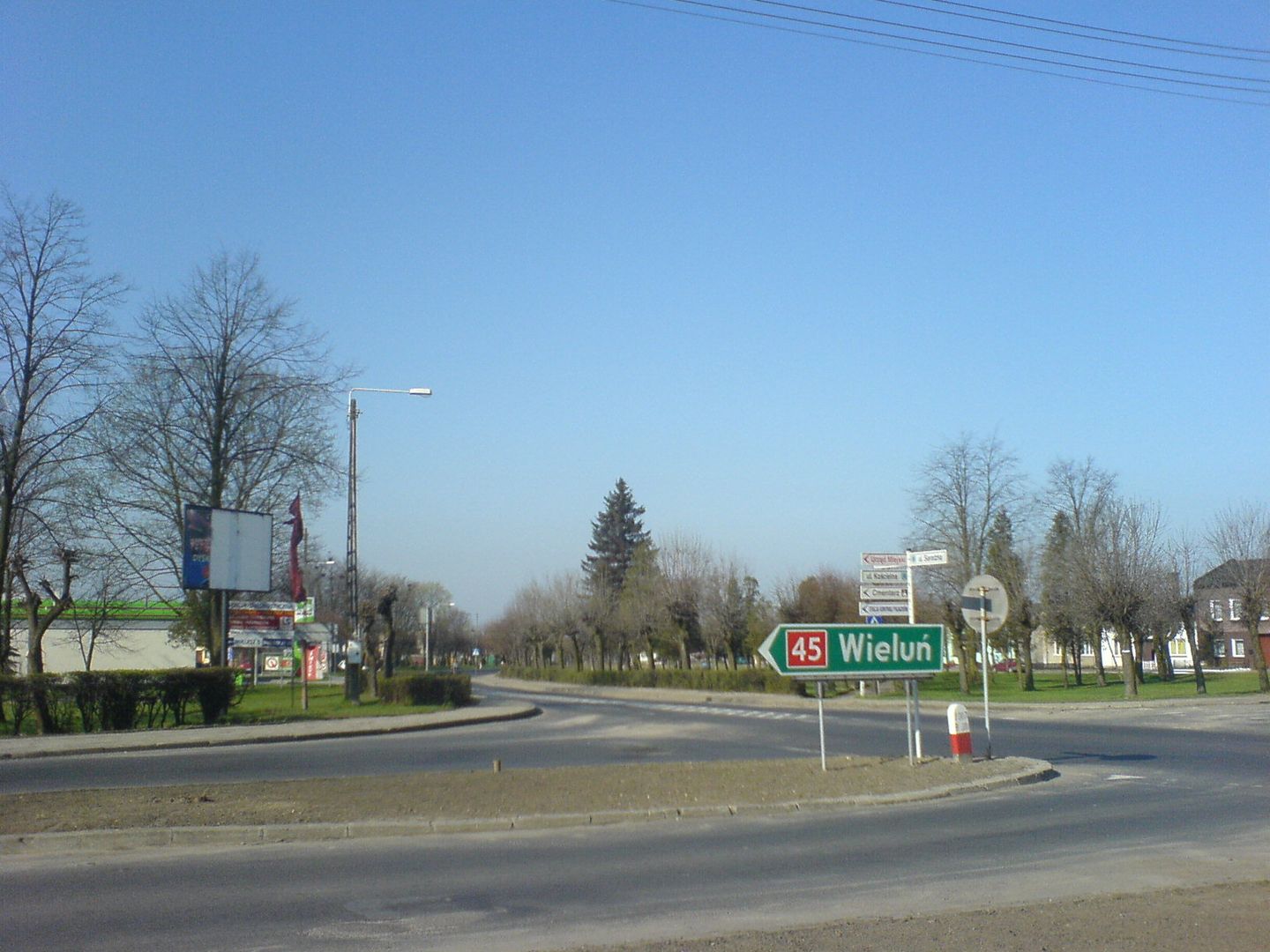Złoczew
6.78

Overview
Złoczew is a town in Poland, located in the Łódź Voivodeship, within Sieradz County, with a history dating back to the era of the Polish–Lithuanian Commonwealth. It is situated on the route between Sieradz and Wrocław, a location that historically favored trade development. Złoczew was first mentioned in 1496 and was granted town rights in 1605 by Andrzej Ruszkowski, who also brought the Bernardine Order to the town, significantly contributing to its growth. Architectural landmarks in Złoczew include the post-Bernardine monastic complex with the Church of the Holy Cross, the late Renaissance Church of St. Andrew, and a 17th-century palace. The town has experienced numerous tragic events throughout its history, including devastation during the Swedish Deluge and destruction in World War II, when it witnessed genocide perpetrated by German forces and the establishment of a Jewish ghetto. Despite depopulation, in the 21st century, Złoczew is actively seeking European funds for development. The municipality also has deposits of lignite, which are planned for future exploitation. Several associations and educational institutions operate in Złoczew, reflecting the cultural life of the local community. An important element of the town's identity is its honorary citizens, such as Father Prelate Piotr Światły.
Location
2026 Wizytor | All Rights Reserved